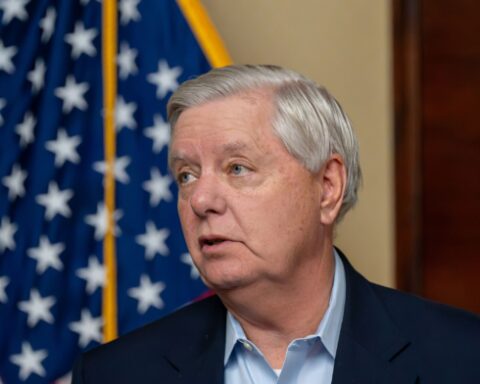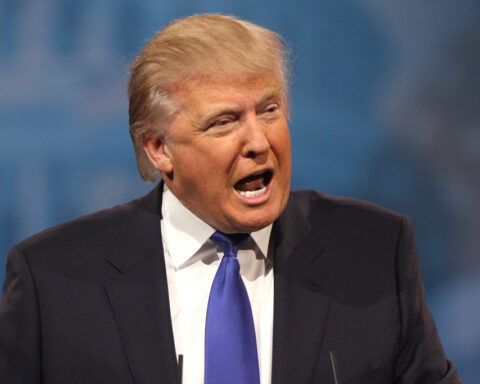Japan’s economy has now contracted for the first time in a year, raising concerns about a potential technical recession.
Preliminary government data released on Friday revealed that the country’s real gross domestic product (GDP) fell by 0.2% in the January-March period compared to the previous quarter, contrasting with economists’ expectations of a 0.1% decline and following a growth rate of 0.6% in the October-December quarter.
On an annualized basis, the economy shrank by 0.7% in the first quarter.
This downturn comes amid rising worries that U.S. trade policies, particularly tariffs, could undermine Japan’s fragile economic recovery by negatively impacting exports and prompting businesses to scale back investments.
Marcel Thieliant, head of Asia-Pacific at Capital Economics, remarked that the Bank of Japan (BOJ) may delay its anticipated interest rate hikes, given the current economic climate. “With the economy already shrinking on the eve of the trade war, the BOJ will probably wait even longer before resuming its tightening cycle,” he noted.
The BOJ recently adjusted its growth projections for the fiscal year ending in March 2026, reflecting heightened uncertainty in the global trade landscape.
While the central bank is still pursuing interest rate increases, the prospect of escalating trade frictions could hinder its ability to act this year.
In the first quarter, external demand—calculated as exports minus imports—contributed negatively to growth, slashing 0.8 percentage points off the overall figure.
Exports declined by 0.6%, while imports rose by 2.9%. This decline in exports, a critical engine of growth for Japan, has been exacerbated by persistent inflation, which has also dampened private consumption—accounting for about half of the GDP. Notably, private spending remained flat in the first quarter compared to the previous quarter.
Economy Minister Ryosei Akazawa expressed concerns about the impact of continued price increases on consumer confidence, stating that while tariff-related worries have not yet affected consumption, he would closely monitor consumer sentiment. Recent surveys indicate a potential decline in confidence, raising alarms for the government.
Despite the economic headwinds, solid corporate earnings have prompted companies to boost investments and increase wages.
Capital expenditure rose by 1.4% in the first three months of the year, which may help bolster consumer spending in the long run, although food inflation continues to weigh on household sentiment.
Looking ahead, some economists predict another contraction in the current quarter, potentially pushing Japan into a technical recession, defined as two consecutive quarters of negative growth.
There is a possibility that a second estimate of first-quarter GDP could show an upward revision, which might alleviate some recession fears. However, analysts caution that any improvements are unlikely to significantly alter the overall outlook.
As negotiations continue between Tokyo and Washington regarding trade policies, Japanese officials have urged the Trump administration to reconsider the tariffs.
[READ MORE: Israel Carries Out New Strike Against Houthis in Yemen]









